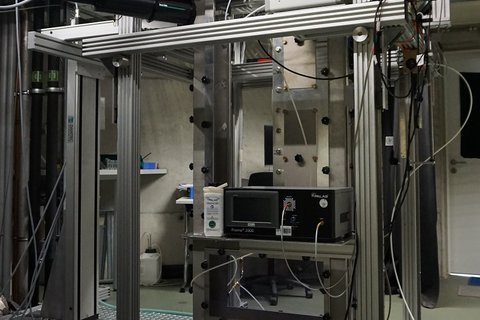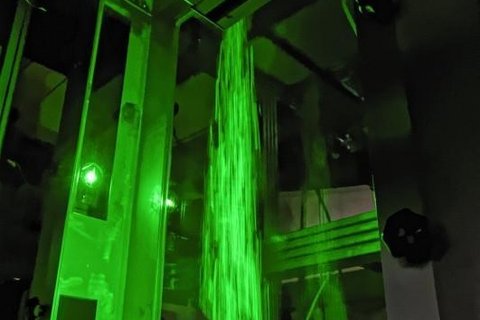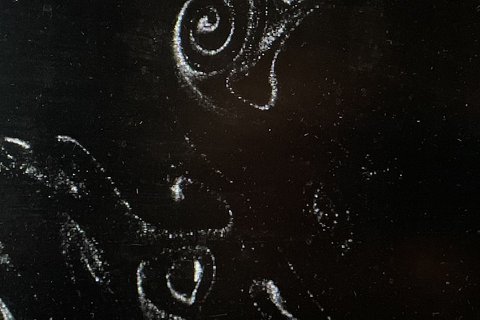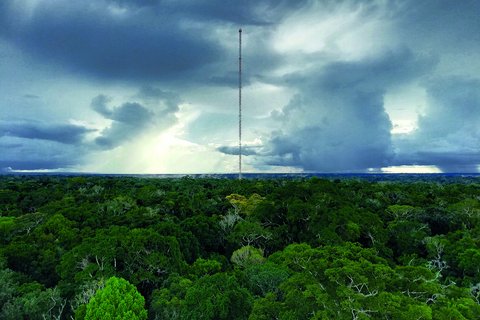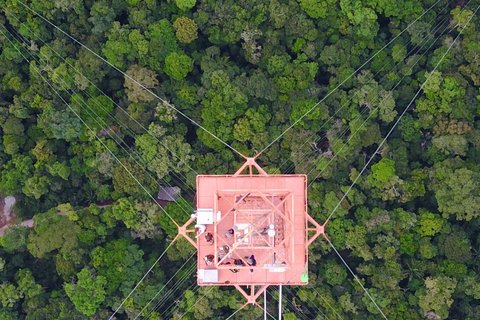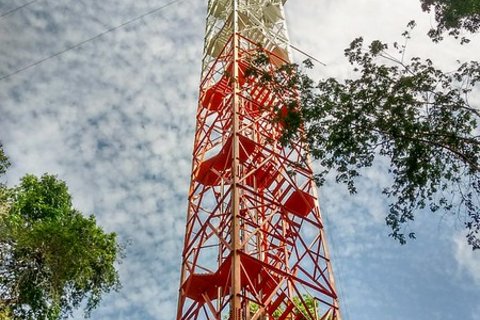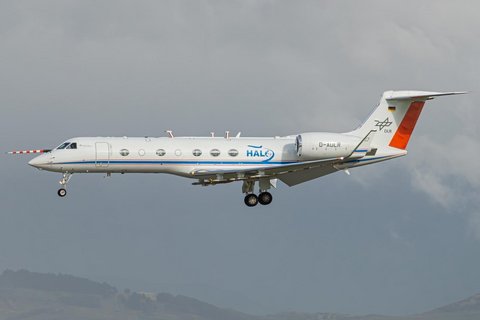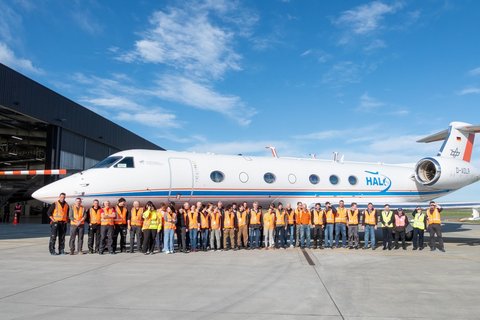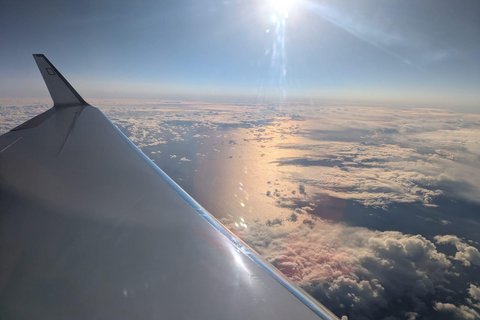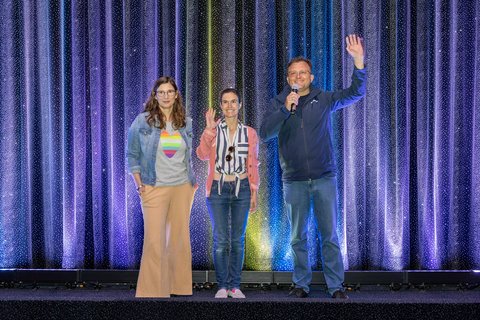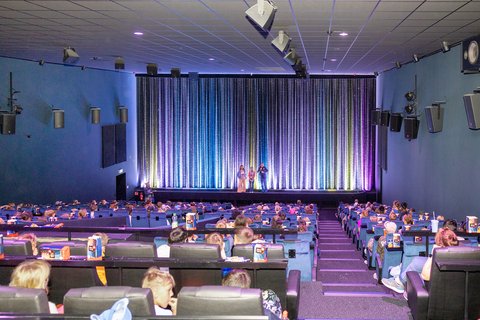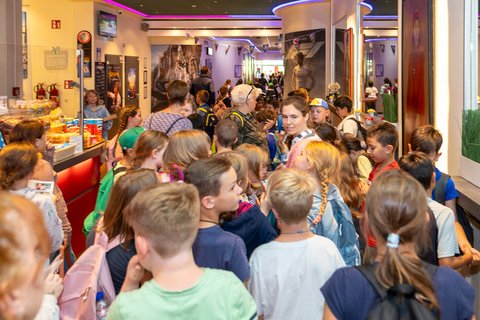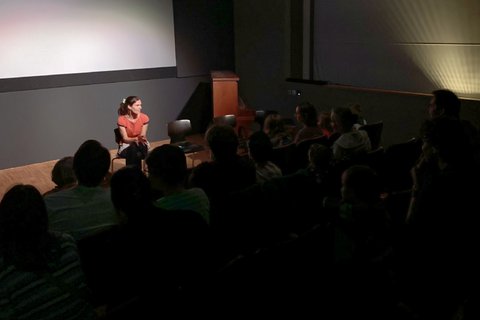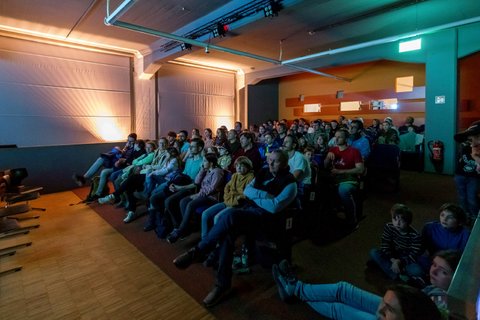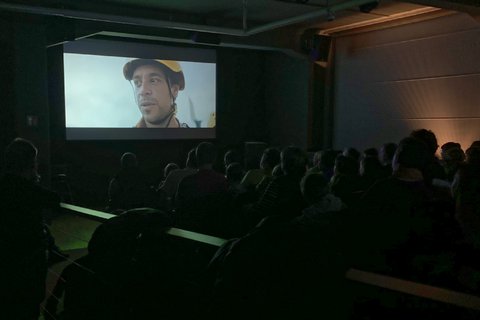Prof. Dr. Mira Pöhlker
Mira Pöhlker is a professor of Experimental Aerosol and Cloud Microphysics at the University of Leipzig and head of the Atmospheric Microphysics Department at the Leibniz Institute for Tropospheric Research (TROPOS).
In her research, she studies the influence of humans on the Earth’s climate system. To do this, she investigates places where the human footprint is still comparatively small. She specializes in aerosols, clouds, and their interactions and effects on the climate system. Long-term ground-based measurements and aircraft measurements, which can be effectively transferred to a global and climate-relevant scale through satellites and model simulations, are particularly important. These field measurements are supplemented by laboratory measurements (e.g. LACIS-T). This makes it possible not only to investigate the direct effects but also to study their causes, thereby deepening our understanding of the Earth system and climate change.
Since 2012, Pöhlker has been working at the Amazon Tall Tower Observatory (ATTO) in the Brazilian rainforest. This location is one of the most species-rich regions on Earth but is heavily threatened by human activity. The measurements at the ATTO station are intended, on the one hand, to help improve understanding of the interactions between the forest and the atmosphere. On the other hand, they examine both the effects of massive human intervention in this unique ecosystem through slash-and-burn agriculture and the resulting consequences.
The Amazon is often referred to as the “green ocean.” In September and October of 2025, Pöhlker led the HALO South campaign around New Zealand to study and better understand the “blue ocean” — one of the least human-influenced regions on Earth. A total of 20 research flights revealed the strong contrast between the air over the South Pacific polluted by wildfire aerosols from Australia and the exceptionally clean air from Antarctica. The flights departed from Christchurch and were carried out with the High-Altitude and Long-Range research aircraft HALO. On board was a comprehensive set of instruments for measuring aerosols, clouds, gases, and radiation, enabling the capture of all relevant dimensions of aerosol and cloud processes.
In addition to studying human impacts on the environment, Mira Pöhlker also investigates the effects of the atmosphere on human health. Her focus is on how health conditions can improve through better air quality. Pöhlker’s research concentrates particularly on regions with high air pollution — including Rwanda — and examines measures and technologies aimed at sustainably reducing pollutant exposure for the affected populations.
To achieve her research goals, Pöhlker works in major international projects such as the CLOUD experiment at CERN and two Horizon Europe projects, including CleanCloud and EDIAQI. In addition, Pöhlker is involved in the BioSmoke and ATTO projects, the Barbados Aerosol Chemistry Observatory, and various research missions with the HALO research aircraft.
Short CV
- Since 2021: Head of the Atmospheric Microphysics Department at the Leibniz Institute for Tropospheric Research (TROPOS)
- Since 2021: Professor of Experimental Aerosol and Cloud Microphysics, University of Leipzig
- 2018–2021: Group Leader “Cloud Condensation Nuclei,” Max Planck Institute for Chemistry, Mainz
- 2017: Doctorate at the Max Planck Institute for Chemistry, Mainz (“Investigation of atmospheric aerosol and cloud condensation nuclei under pristine and polluted conditions”)
- 2007–2012: Physics Study, Johannes Gutenberg University Mainz
Scientific Engagement
- Member of the Scientific Steering Committee of the HALO research aircraft
- Member of the Advisory Board of RIFS (Research Institute for Sustainability, GFZ Potsdam)
- Head of the World Calibration Center for Aerosol Physics (WCCAP)
- Since 2022: Representative for climate research of the University of Leipzig in the European university network ARQUS
- Supervises numerous doctoral and early-career research projects in Leipzig and Mainz
Science Communication
Mira Pöhlker regularly participates in public lectures and discussion formats and gives interviews for newspapers, radio, and TV — including Süddeutsche Zeitung, Mitteldeutsche Zeitung, and the ZDF program Terra X. She also appears in popular science formats such as the Children’s University, Studium Universale, and at accompanying events for the film Checker Tobi und die Reise zu den fliegenden Flüssen.
Impressions from the “Science Cinema Leipzig for Children” on 13 April 2024 at the Forum of Contemporary History Leipzig (Photos: Tilo Arnhold, TROPOS)
Mira Pöhlker and others also represented TROPOS at SPIN2030: At the first edition of this science festival in Dresden, more than 50 scientific institutions presented their current research topics — both for professional colleagues and for visitors without a scientific background. In addition to running an information booth, TROPOS employees also contributed their scientific content in a science slam and two film discussions.
Impressions of the movies shown at SPIN2030

